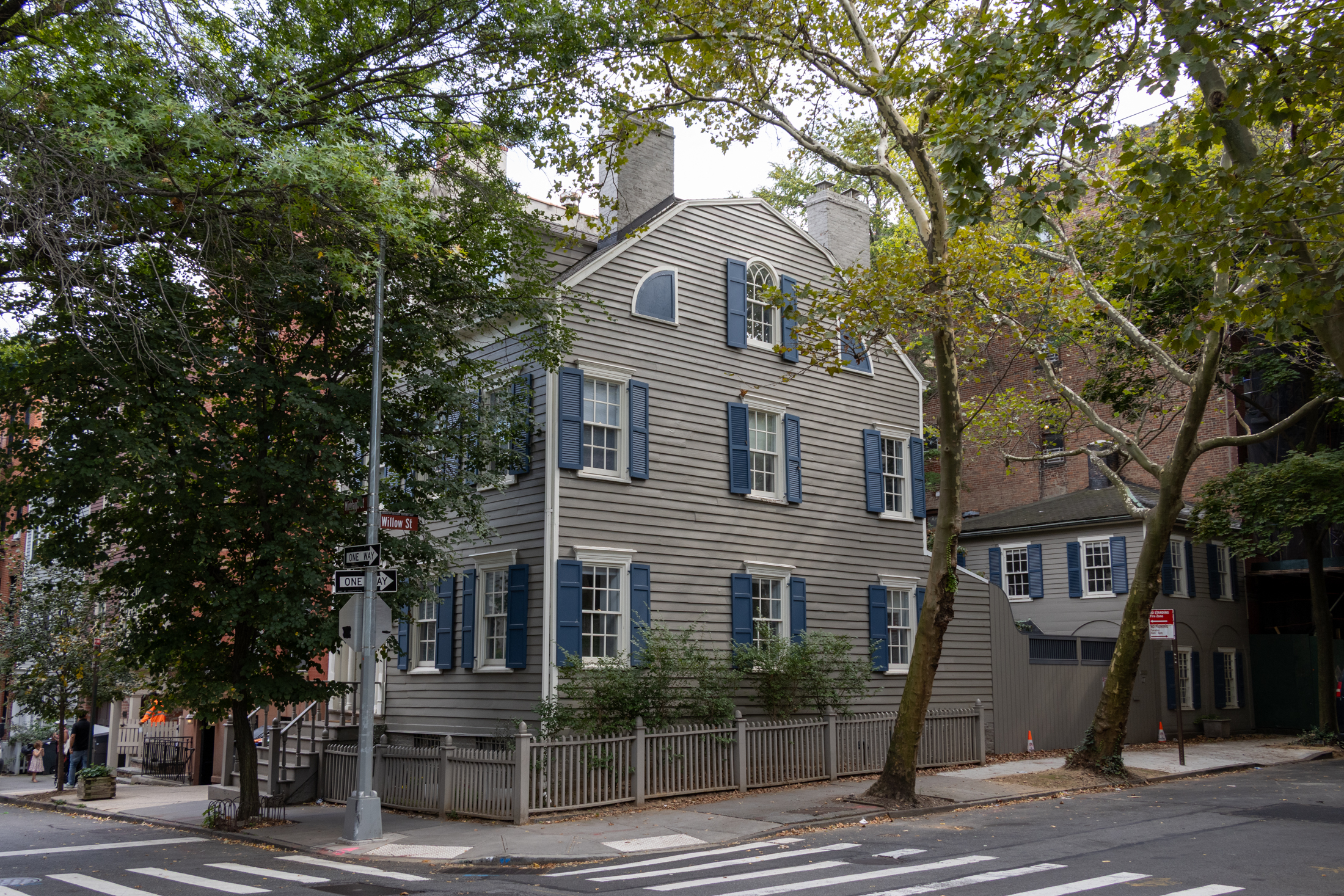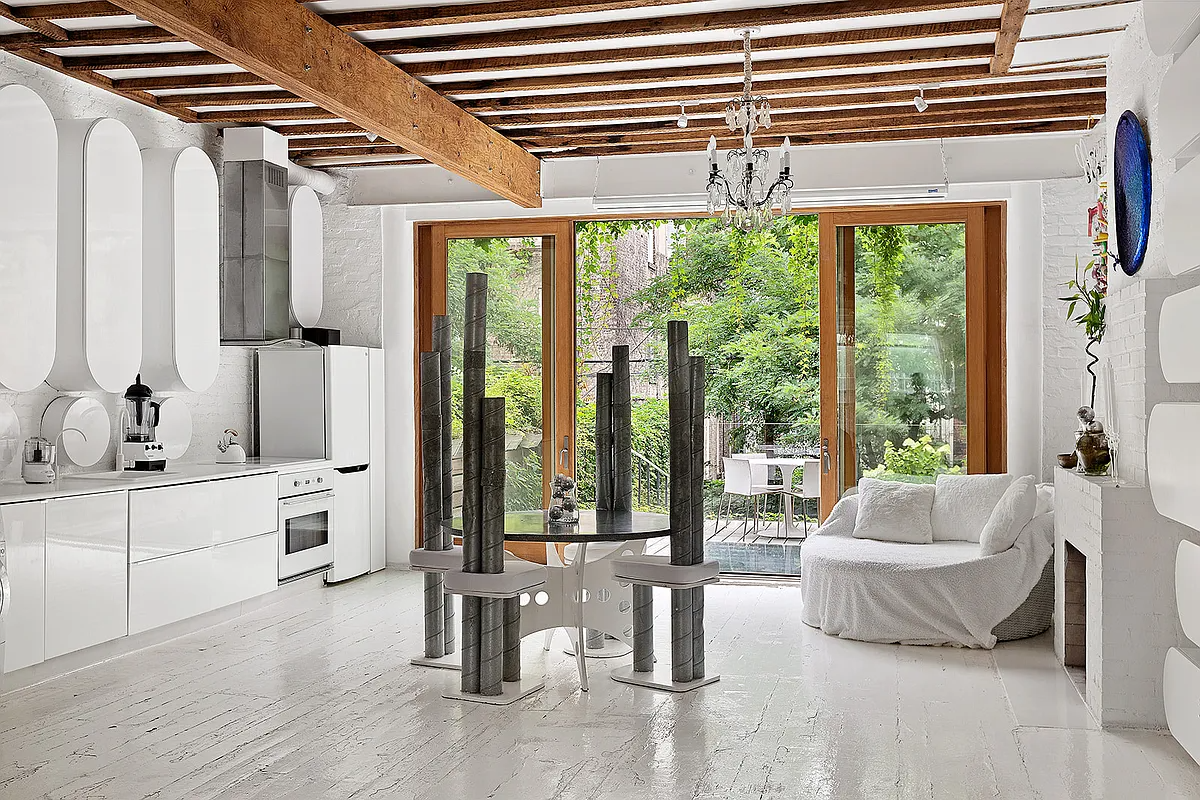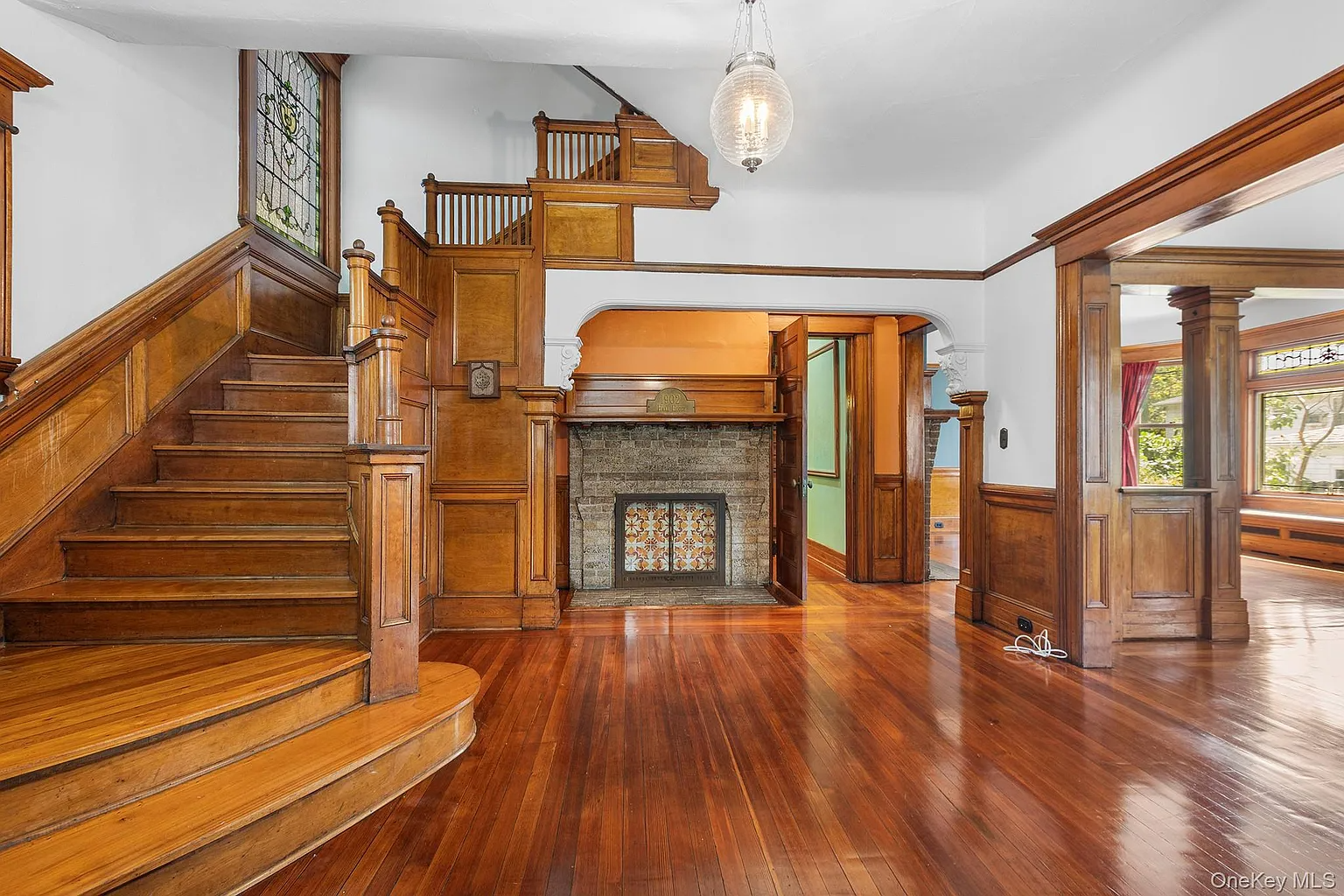The Psychology of Real Estate Pricing
When it’s time to sell your house, there a basically three pricing philosophies you can choose from: (1) Overprice to enable you to negotiate down to your real price; (2) Underprice to generate interest and, hopefully, a bidding war; or (3) Price it at what you think it’s worth. Once you’ve made that decision, it’s…

 When it’s time to sell your house, there a basically three pricing philosophies you can choose from: (1) Overprice to enable you to negotiate down to your real price; (2) Underprice to generate interest and, hopefully, a bidding war; or (3) Price it at what you think it’s worth. Once you’ve made that decision, it’s time to tweak the exact asking price for maximum effectiveness. Yesterday’s article in The Times notes the importance of dropping down to psychologically significant “break points” which seem to occur every $25,000 or so. If, for example, an apartment is really worth $610,000, the article argues, price it at $600,000 so you don’t lose all those people who’ve set $600,000 as their limit; once you’ve got their attention, they can potentially be lured into a bidding war. Likewise, the subconscious impact of the first integer is important enough to go with $599,000 over $600,000. Barbara Fox, the president of Fox Residential Group, recommends a combination of the above strategies: Pick a number that’s slightly below a threshold but a little higher than its market value. Everybody likes to be able to negotiate a little bit, she said. One approach that receives almost universal mockery is the overly-specific price. I’ve seen prices like $433,779, said James Lake, a vice president of Bellmarc Realty. It indicates it’s going to be a difficult transaction from beginning to end. What strategies have worked well for you in the past?
When it’s time to sell your house, there a basically three pricing philosophies you can choose from: (1) Overprice to enable you to negotiate down to your real price; (2) Underprice to generate interest and, hopefully, a bidding war; or (3) Price it at what you think it’s worth. Once you’ve made that decision, it’s time to tweak the exact asking price for maximum effectiveness. Yesterday’s article in The Times notes the importance of dropping down to psychologically significant “break points” which seem to occur every $25,000 or so. If, for example, an apartment is really worth $610,000, the article argues, price it at $600,000 so you don’t lose all those people who’ve set $600,000 as their limit; once you’ve got their attention, they can potentially be lured into a bidding war. Likewise, the subconscious impact of the first integer is important enough to go with $599,000 over $600,000. Barbara Fox, the president of Fox Residential Group, recommends a combination of the above strategies: Pick a number that’s slightly below a threshold but a little higher than its market value. Everybody likes to be able to negotiate a little bit, she said. One approach that receives almost universal mockery is the overly-specific price. I’ve seen prices like $433,779, said James Lake, a vice president of Bellmarc Realty. It indicates it’s going to be a difficult transaction from beginning to end. What strategies have worked well for you in the past?
The Psychology of Pricing [NY Times]
Illustration by Douglas B. Jones





Other than the obvious truisms on the break points (you do want your home to show up in the maximum amount of searches and people do think of round numbers as their budget rather than one you might end up negotating to… $600k vs. $612k, say), the article just reinforced the idea that realtors are a whole bunch of hot air. It takes a professional to say, “$587,500 makes it sound like you mean business.” Really? Or will you just end up negotatiating to whereever you would have, anyways?
It’s about the “breaks” in prices on search engines for properties. If someone is searching NY Times for example, and the cutoff is $600K then if you have your price $610K to $625K you are missing out on all the people doing searches for properties under $600K. Who, as this article says, once see the property may be willing to pay more after all, if there are multiple bids. We had to do this in the Fall on the co-op we sold. It worked.
one realtor said price low ($599k if you want $610k per your example) and another said price 5% over your price so you have room for the buyer to feel better about knocking you down. That would be $640k. Another says make sure you get a broker to price it for you. Honestly, I could come up with a price in this spread.
I think what the “expert” in article was saying was not that people were dumb in any way but that we unconsciously pay the most attention to the first number — in this case, 5, so that our first impression is that the price is in the $500’s and not $600K. Whether or not it is true, I think that was the point.
I was surprised that this blog wasn’t mentioned at least in passing. It seems that many of the threads are little more than wagerless betting pools on eventual sales price.
Are people really that dumb? $599K sounds the same as $600K to me—in fact, 600K sounds more “honest†for some strange reason….